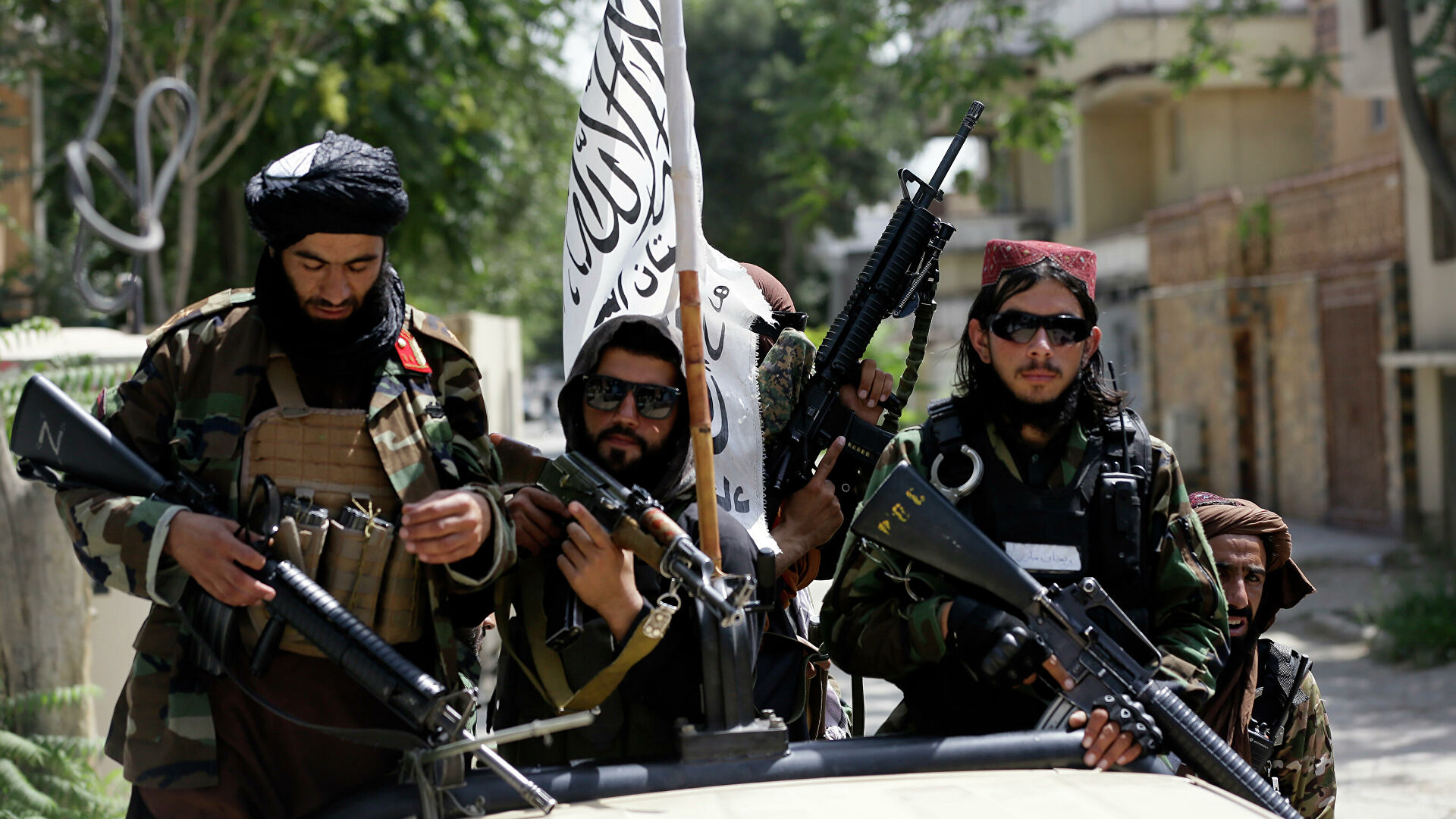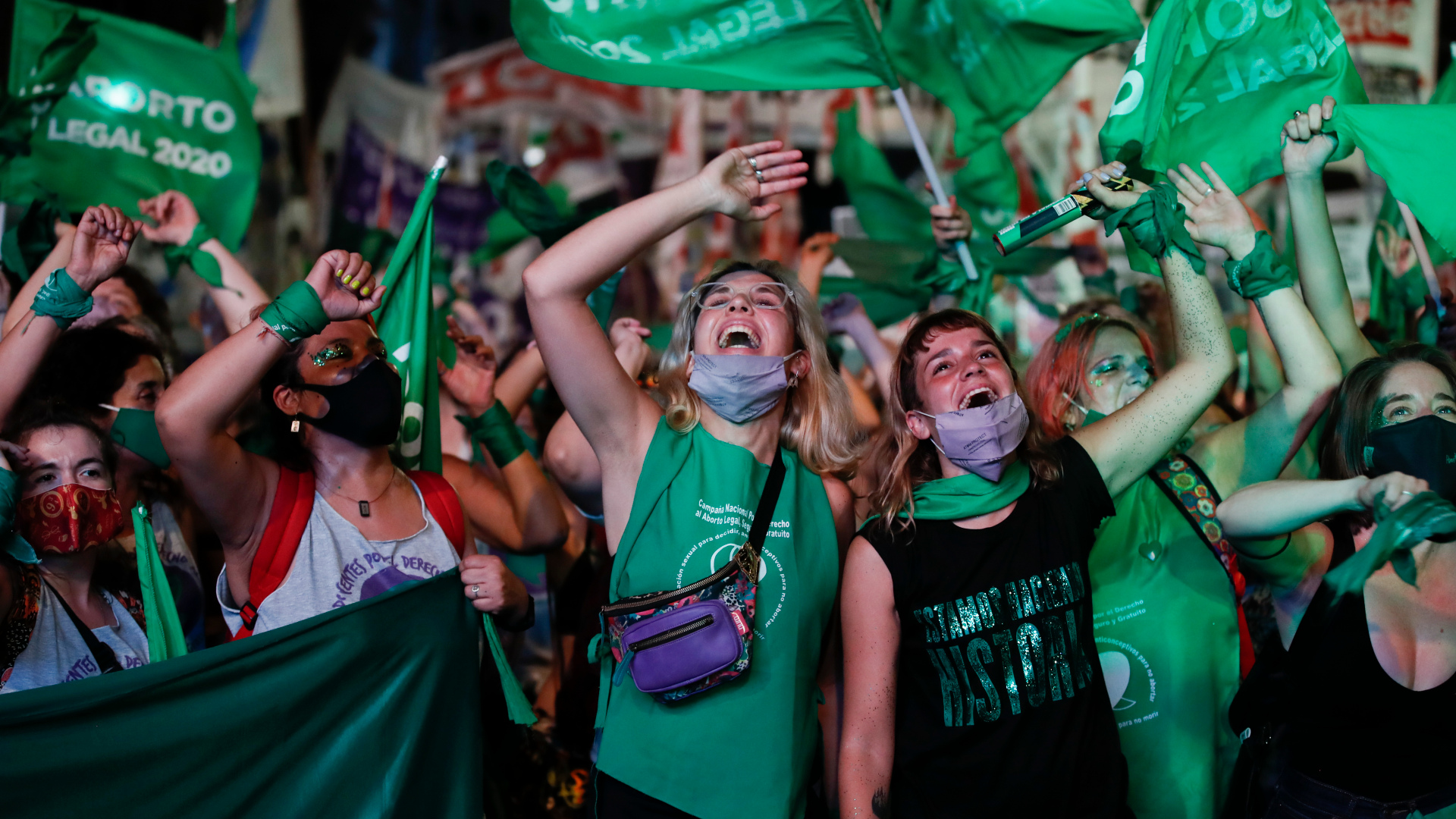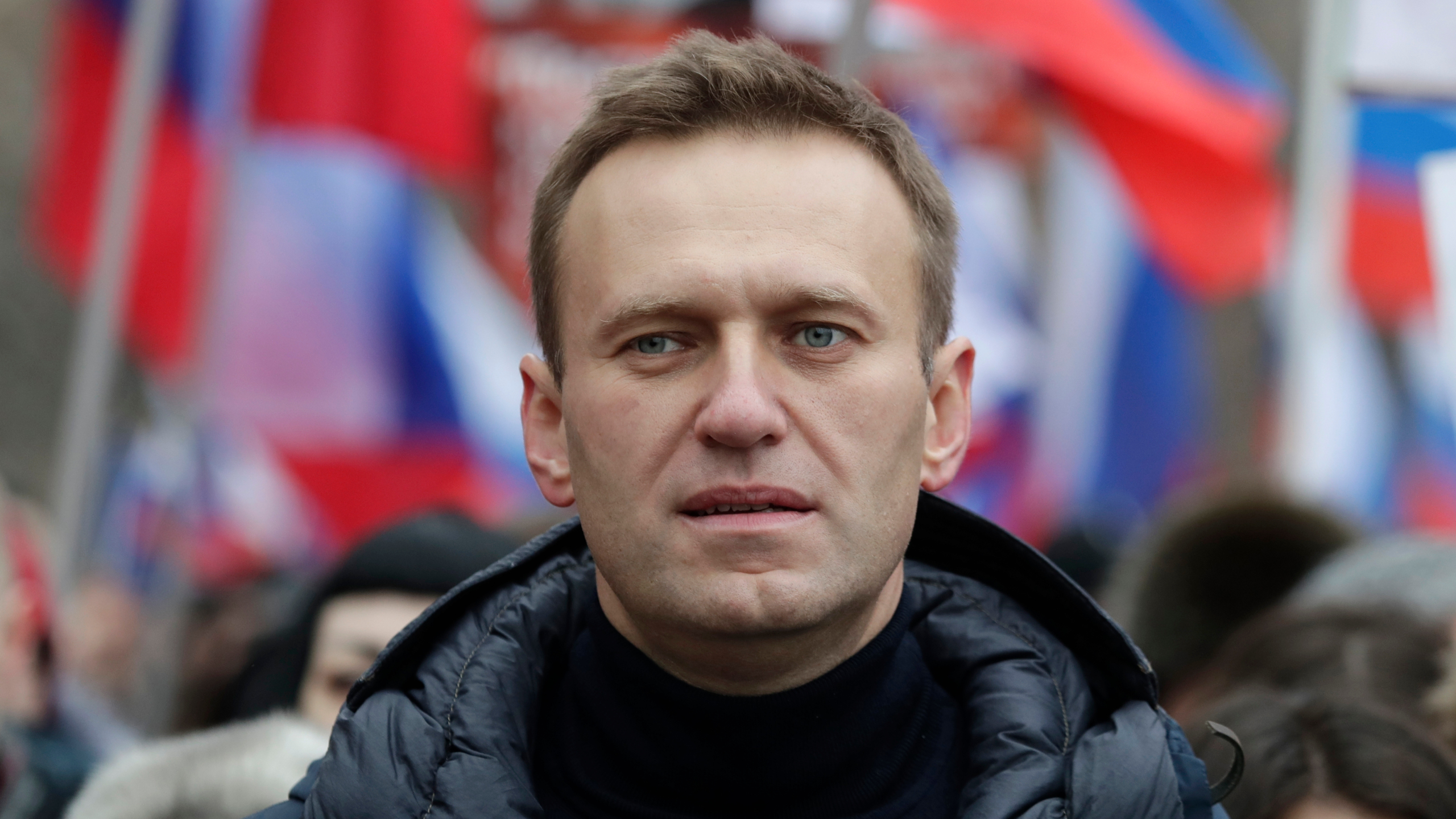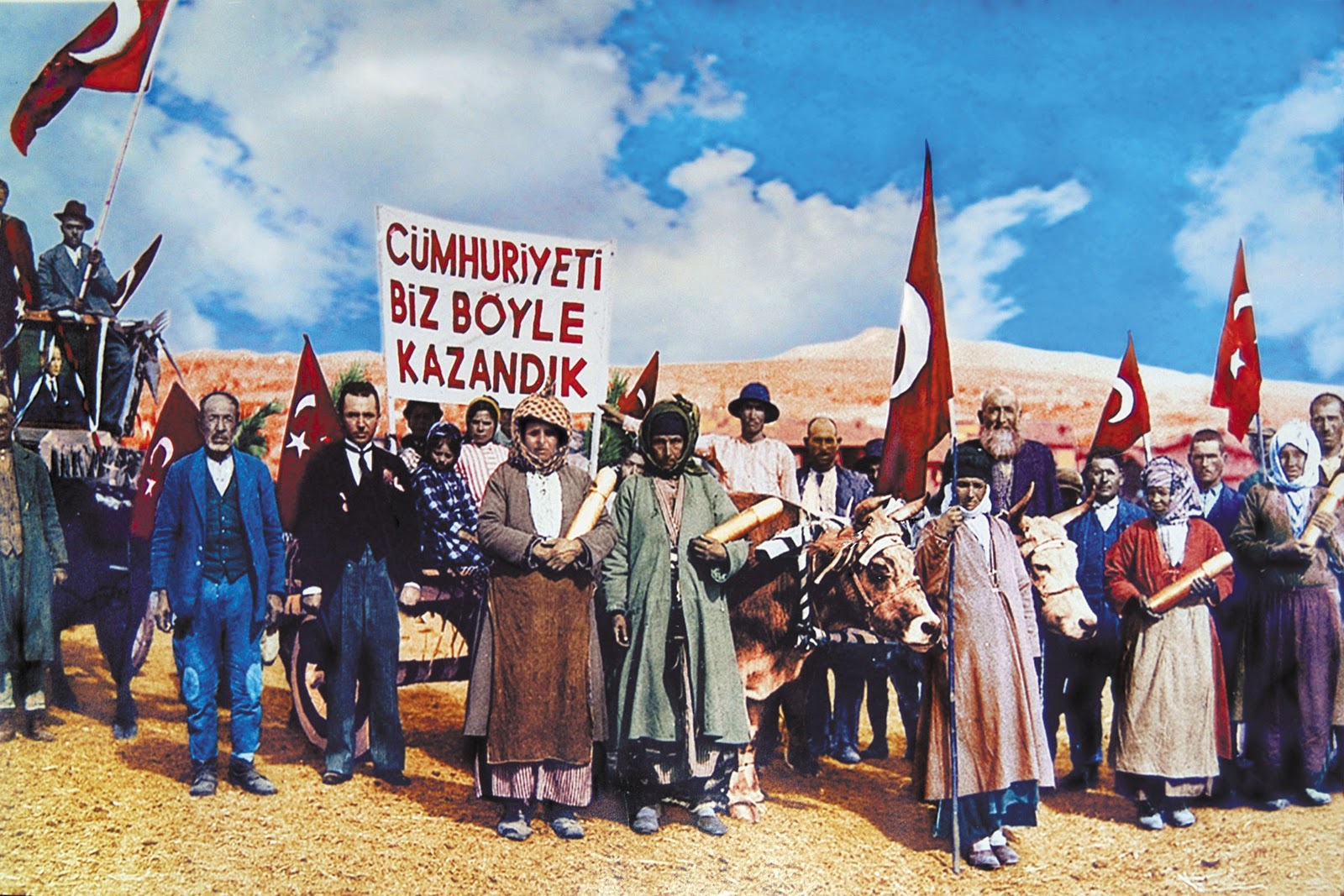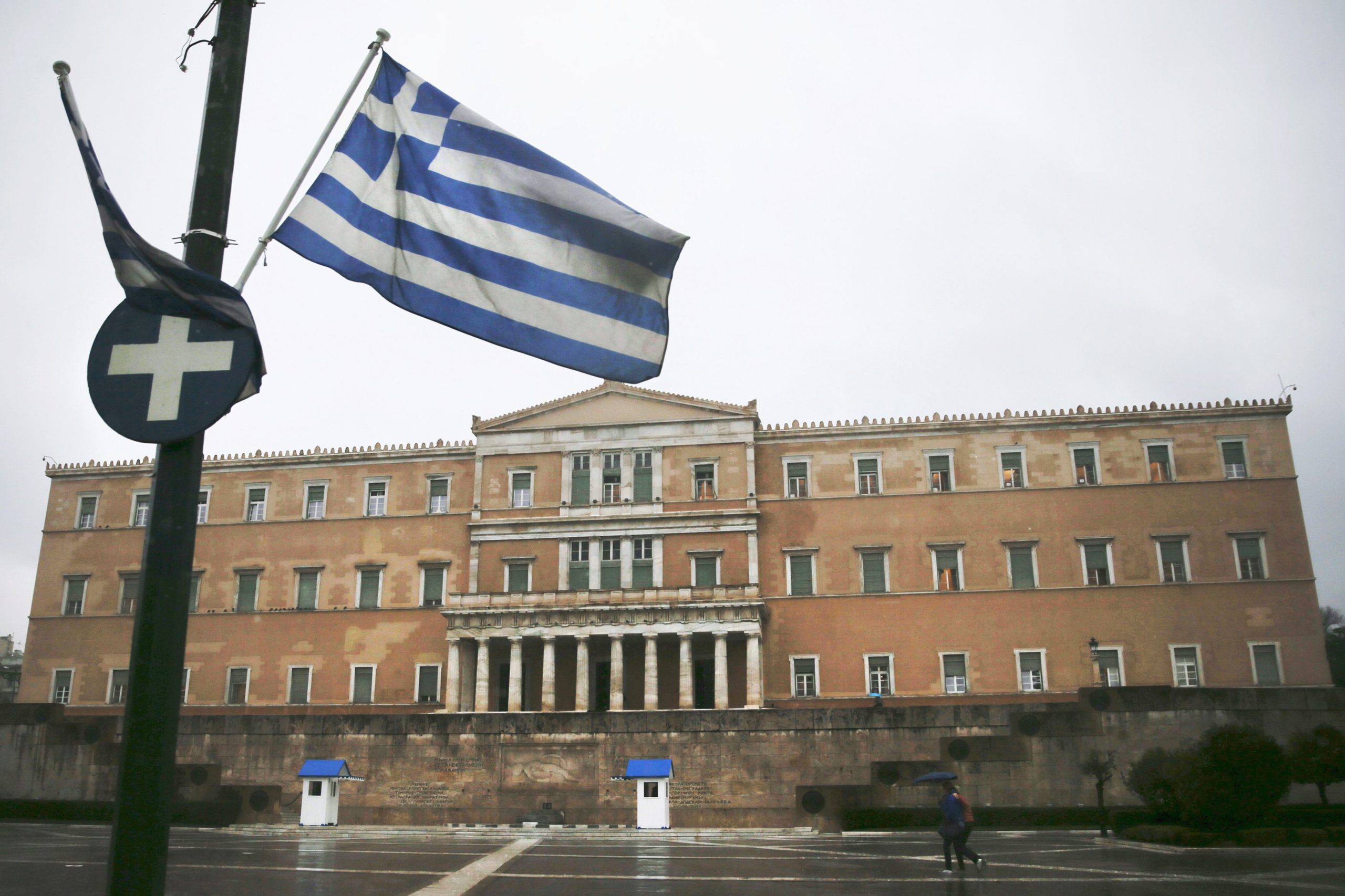The problematic expression of “one man’s terrorist is another man’s freedom fighter” began to be used both as a justification for regional actors who engage with violent acts and by other states to fulfill their national interests. This expression can be understood better through Turkey’s struggle with terrorism with the example of PKK and YPG while addressing three levels of analysis put forward by Barry Buzan.
The idea of “one man’s terrorist is another man’s freedom fighter” is common because of the lack of objective, universal definition of terrorism in which the determination who is a terrorist and who is not is based on subjective criteria (Ganor, 2002). This, indeed, can vary according to political, cultural, and religious differences from one nation to another, in fact, from one group and its supporters to state. Moreover, this expression highlights the confusion between ends and means in which leads to the idea that terrorism should be defined according to their aims rather than the means that they adopted to achieve this aim. According to the common discourse of these days, this aim is a political goal. This approach, however, is not true since both terrorists and freedom fighters engage with violent acts to achieve a political goal, most of the time gaining their independence or autonomy, where they do this for behalf of themselves and against the state. Yet, the main difference between the freedom fighter and terrorist lays in whether they are suitable to the criteria of the just war tradition or not.


The just war theory emphasizes two principles. The first one is the “jus ad bellum” which is the moral requirement for going to war and the second one is “jus in bello” which emphasizes the issue of discrimination that includes innocence and deliberative attack as two key components (Carter, 2017). Even though freedom fighters can be justified through these principles, terrorism naturally violates the principle of jus in bello due to their indiscriminate acts and even though they may fulfill the criteria of jus ad bellum, it still doesn’t make them legitimate (Wikan, 2018). Therefore, due to the multiple definitions of terrorism and difficulty of defining a single definition that will be valid for everyone, states and people became blindfolded for this application of just war theory in which the distinction that based on political goals became common. As a result of that, activities, even violent ones that aimed to gain liberation and self-determination began not to be considered within the category of terrorism. This, made terrorist organizations to gain public legitimacy and represent themselves while at the same time recognized by their supports as freedom fighters (Ganor, 2002). To understand this better, let’s look at the Kurdistan Workers’ Party (PKK), a Marxist-Leninist separatist organization – at least started as that way – in which the Turkish government has been struggling to countermeasure their violent acts since 1984.
The earliest documents of PKK have claimed that the main aim of this organization is to grant freedom for Kurdish people by claiming that the Kurds are oppressed, colonization victims and the right of self-determination should be granted to them. In general, what they seek was addressing for behalf of the Kurdish people and fulfilling their demands (Imset, 1996) since the Turkish government was ignoring them. These aims, therefore, backed up with desiring an independent Kurdistan in the region which will compromise southeastern Turkey, northern Syria, Iraq, and western Iran (Criss, 1995). Moreover, by the help of the Kurdish identity, heavy-handed measures of the Turkish government for violent acts, ideological motivations where it began with Marxist-Leninist ideology yet shifted to embrace Islam to gain more public support, and by operating multiple TV channels, PKK gained the support of public opinion and their supporters began to believe that their violence is legitimate (Davis and others, 2012). According to members of the PKK and the ones that support their acts, mainly the Kurds, PKK is a freedom fighter since their aspirations of self-determination followed by public legitimacy rather than a terrorist organization as Turkey labeled.
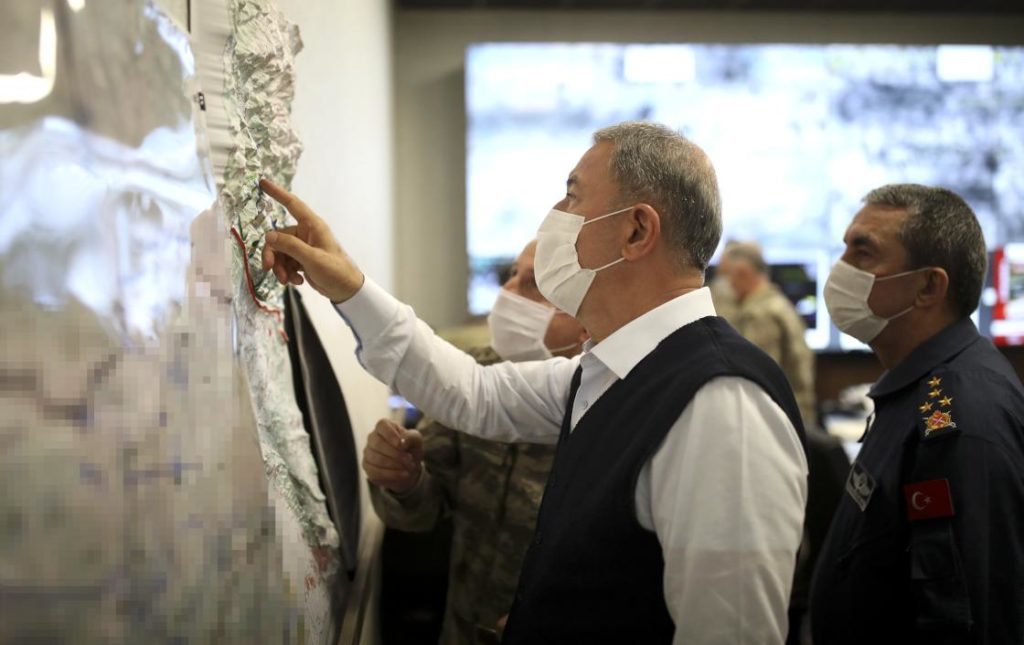

For the Turkish government, PKK is a terrorist organization that aims to destroy the sovereignty of Turkey who engages with the armed struggle that harms not only the Turkish military forces but civilians as well (Imset, 1996). In this respect, according to Barry Buzan’s levels of analysis, as Turkish authorities emphasize, PKK is threatening the first and second levels of analysis: individual and state (Buzan, 1983). According to the Turkish perspective, this makes them a terrorist organization rather than a freedom fighter. Indeed, Turkish authorities are backing up their arguments with the Anti-Terror Law that brought into force in 1991 as well.
As you can see, in Turkey, the expression of “one man’s terrorist is another man’s freedom fighter” is apparent in the case of PKK. While the supporters and members of PKK consider themselves as freedom fighters, in which they can even legitimize it with the definition of freedom fighters, for the Turkish authorities, they are a terrorist organization. This distinction leads PKK to sustain these actions in the so-called legitimate way and maintain to be a national threat for Turkey even though Turkey made a domestic definition of terror.
What about the international arena? Is there any state that considers a group as a freedom fighter while Turkey considers it a terrorist organization? Yes. This will be examined under the scope of the USA, Turkey, Russia and the Democratic Union Party (PYD) and its military wing People’s Protection Units (YPG) in our next article.
REFERENCES:
Buzan, B. (1983). People, States and Fear: The National Security Problem in International Relations. NY: Oxford University Press.
Ganor, B. (2002). Defining Terrorism: Is One Man’s Terrorist Another Man’s Freedom Fighter. Police Practice and Research, 3(4), pp.287-304.
Carter, J., 2017. A Brief Introduction To The Just War Tradition: Jus Ad Bellum. [online] ERLC. Available at: <https://erlc.com/resource-library/articles/a-brief-introduction-to-the-just-war-tradition-jus-ad-bellum> [Accessed 12 June 2020].
Wikan, V. S., 2018. Is “One Man’s Terrorist Another Man’s Freedom Fighter”?. [online] E-International Relations. Available at: <https://www.e-ir.info/2018/11/29/is-one-mans-terrorist-another-mans-freedom-fighter/> [Accessed 12 June 2020].
Imset, I. G. (1996). The PKK: Terrorists or Freedom Fighters?. The International Journal of Kurdish Studies, 10 (1-2), pp.45-100.
Criss, N. B. (1995). The Nature of PKK Terrorism in Turkey. Studies in Conflict and Terrorism, 18, pp.17-37.
Davis, P. K., Halderman, Z., Larson, E. V., Oguz, M. and Rana y. (2012). Understanding and Influencing Public Support for Insurgency and Terrorism. RAND Corporation.



